Since launching our grantmaking activities in 2014, we have awarded over $26.4 million in support of our research priorities: access, affordability, and the value of legal education.
Awarded Grants
Grant Program
Grant Status

Michigan State University College of Law
Grant Title: Michigan State University College of Law Pathway to the Legal Profession Program (MSUCOL PLPP)
The program will prepare participants to successfully apply for law school admission in Michigan. The program’s purpose is to redress the decrease in the enrollment of underrepresented students in law school exacerbated by Proposal 2 which forbade the consideration of race in admissions decisions. The program will support undergraduate Michigan residents attending Michigan public institutions who are underrepresented in law. Key partners will include local and national bench and bar leaders.

The University of Utah S.J. Quinney College of Law
Grant Title: The “Law as Influence, Law as Change"
The “Law as Influence, Law as Change” program seeks to increase the participation of historically underrepresented and minoritized students in the Four Corners region attending Utah State University Blanding ("Blanding") in Blanding, Utah. The program would sponsor students for a four-week learning experience. In the first two weeks, they will receive instruction at the Blanding site. The final two weeks will take place on campus and in-residence at the University of Utah in Salt Lake City.
View grant outcomes.
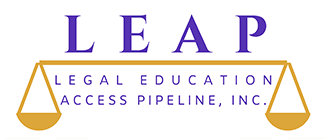
Legal Education Access Pipeline (LEAP)
Legal Education Access Pipeline (LEAP), a 501(c)(3) nonprofit organization now in its third year of operations. LEAP was established to diversify the legal sector and serves college juniors, seniors, and recent graduates from racial and socioeconomic backgrounds that are underrepresented in the legal profession. Leaning on research about successful diversity pipelines and education access initiatives, LEAP’s programs address the primary barriers to law school for the participants they serve.
View Grant Outcomes.
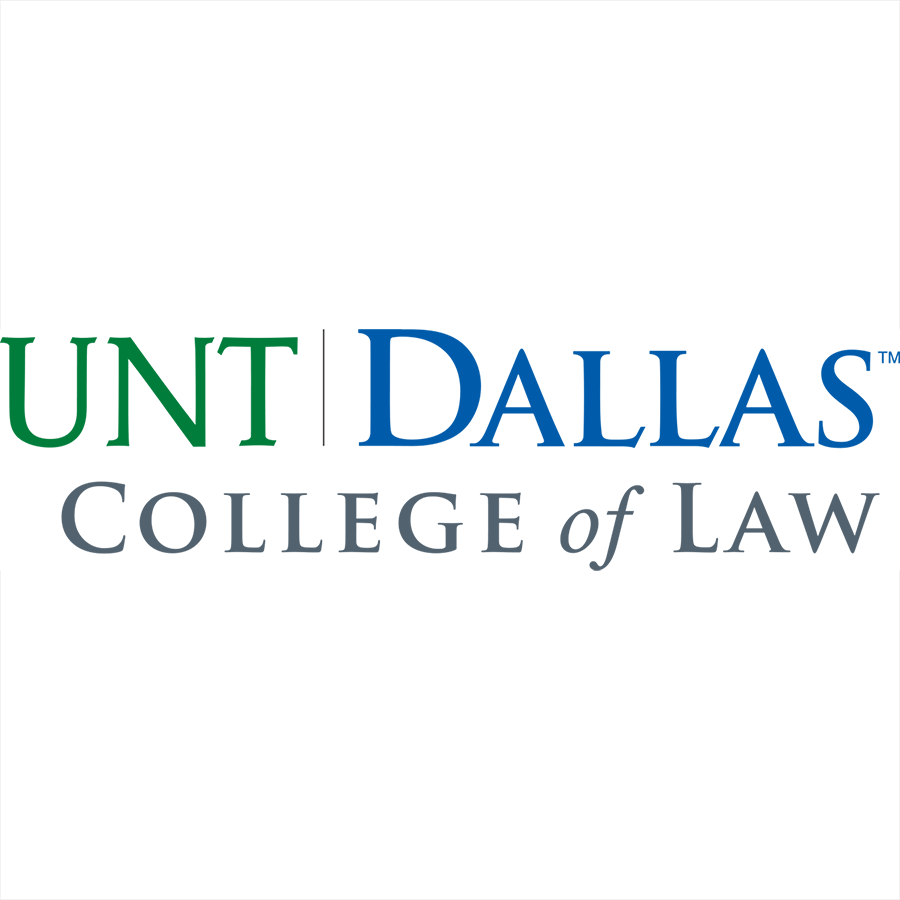
University of North Texas Dallas College of Law
T.R.A.I.L is a 3-credit course utilizing culturally relevant online modules, "wise feedback," law student mentors and class instruction to teach law school skills, strengthen academic self-concept, and address stereotype threat.
View grant outcomes.
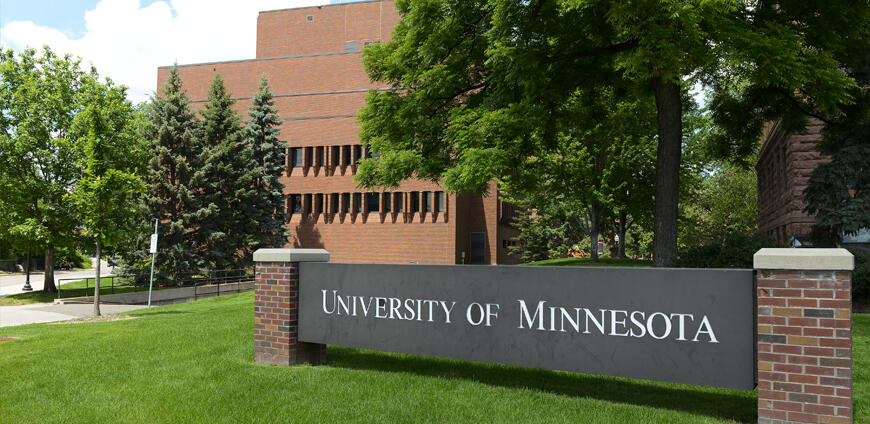
University of Minnesota
Research grant awarded to Krista Soria, Director of Student Affairs Assessment at the University of Minnesota, to better understand the roles of financial factors (e.g., funding sources, debt, financial stress, and food and housing insecurity) in graduate, professional, and law students’ mental health, time to degree completion, and career interests.
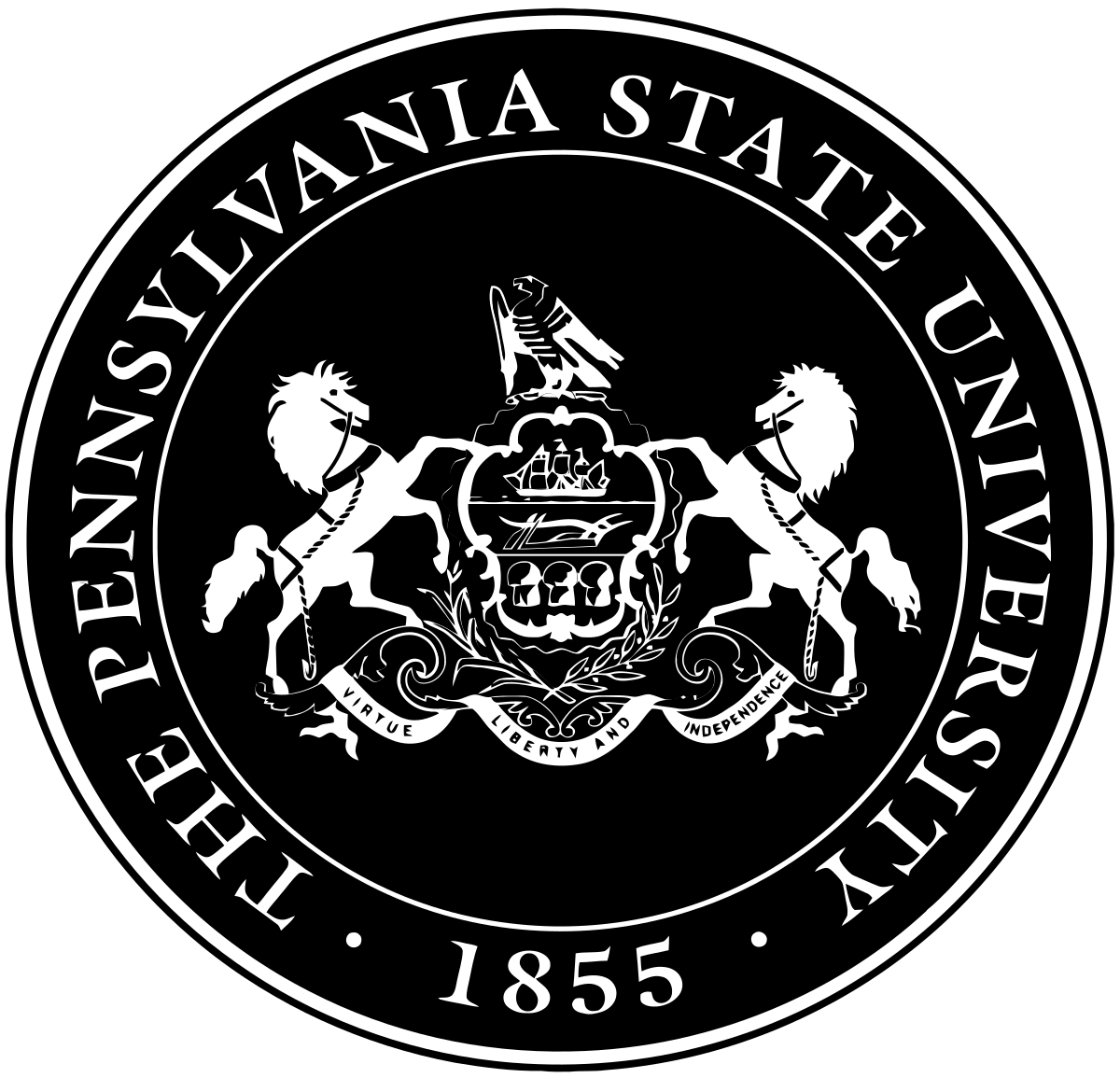
Pennsylvania State University
Research grant awarded to Kelly Rosinger, Assistant Professor at Pennsylvania State University’s College of Education, to examine how LSAT-optional admissions policies impact diversity (e.g., the share and number of Black, Latinx, and Native American students enrolled) and selectivity (e.g., the number of applicants, acceptance rate, and the LSAT scores of enrollees) at adopting U.S. law schools.
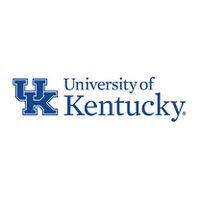
University of Kentucky
Research grant awarded to Willis Jones, Associate Professor at University of Kentucky’s College of Education, to study variation in cost of living estimates among U.S. law schools.
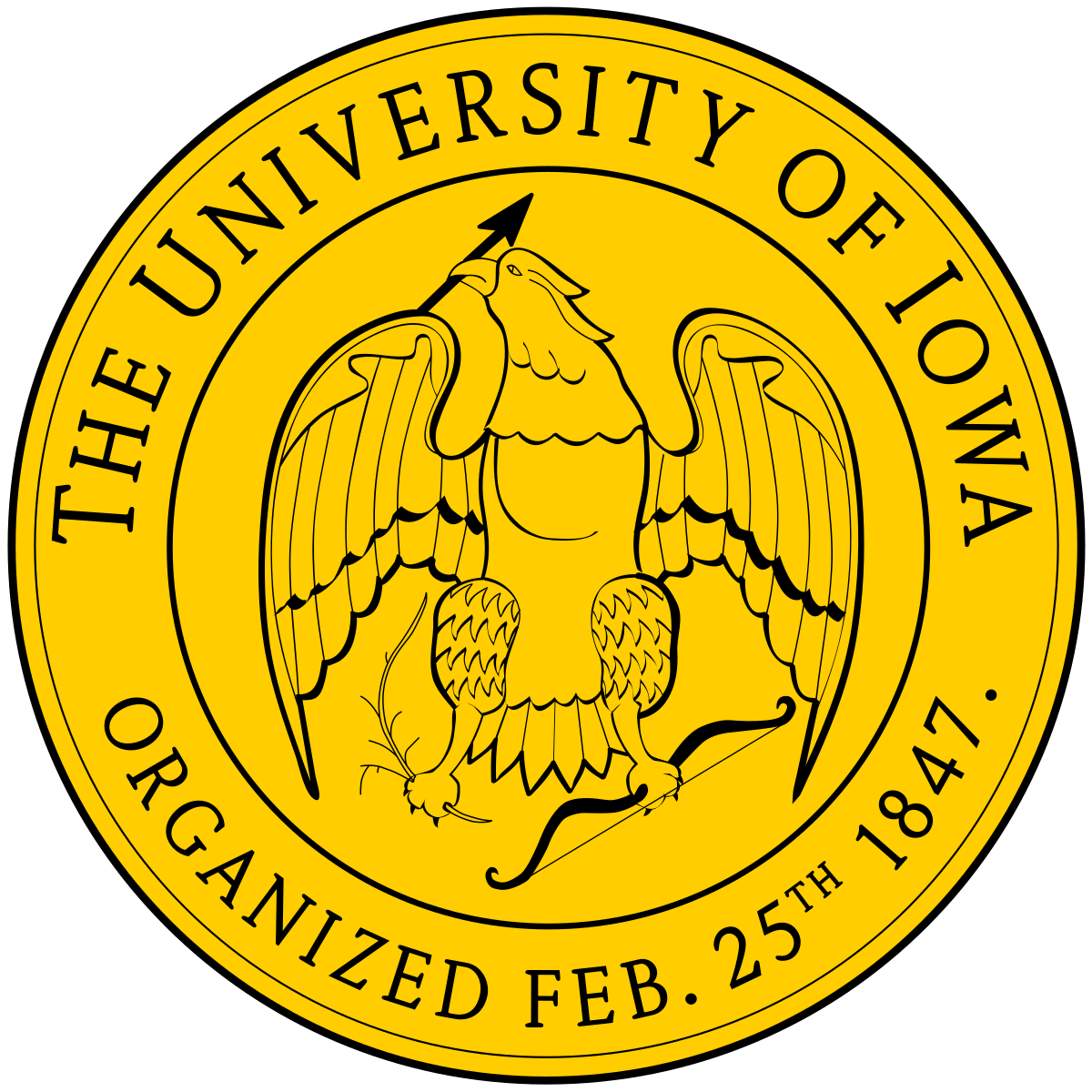
University of Iowa
Research grant awarded to Nicholas Bowman, Professor at University of Iowa’s College of Education, to examine factors that predict changes in enrollment and graduation of students from marginalized racial groups at U.S. law schools.
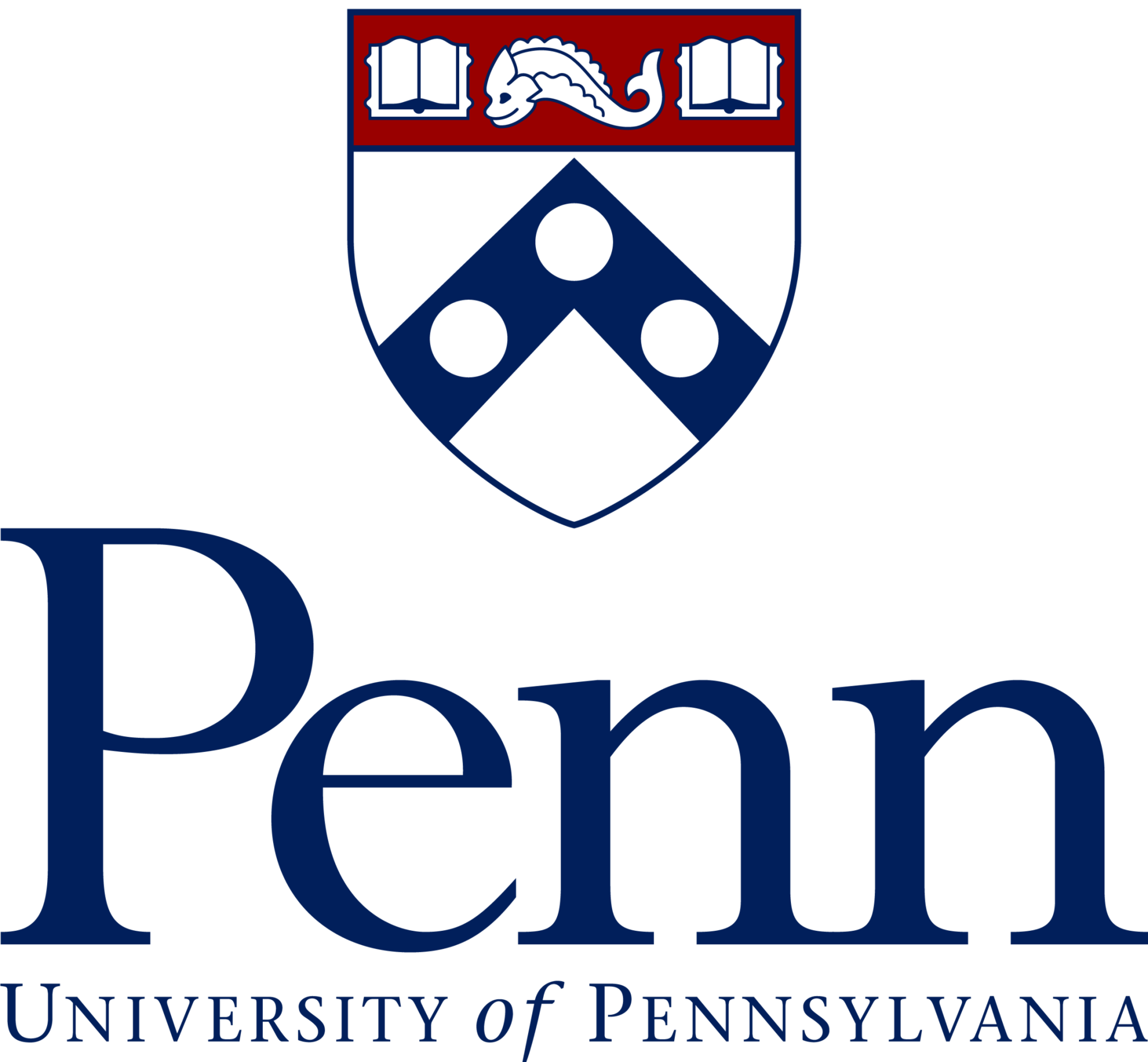
University of Pennsylvania
Dissertation grant awarded to Chad Losee, Ed.D. candidate in Higher Education Management at University of Pennsylvania, to better understand factors related to the aspirations to pursue a top-ranked graduate degree (e.g., MBA).



